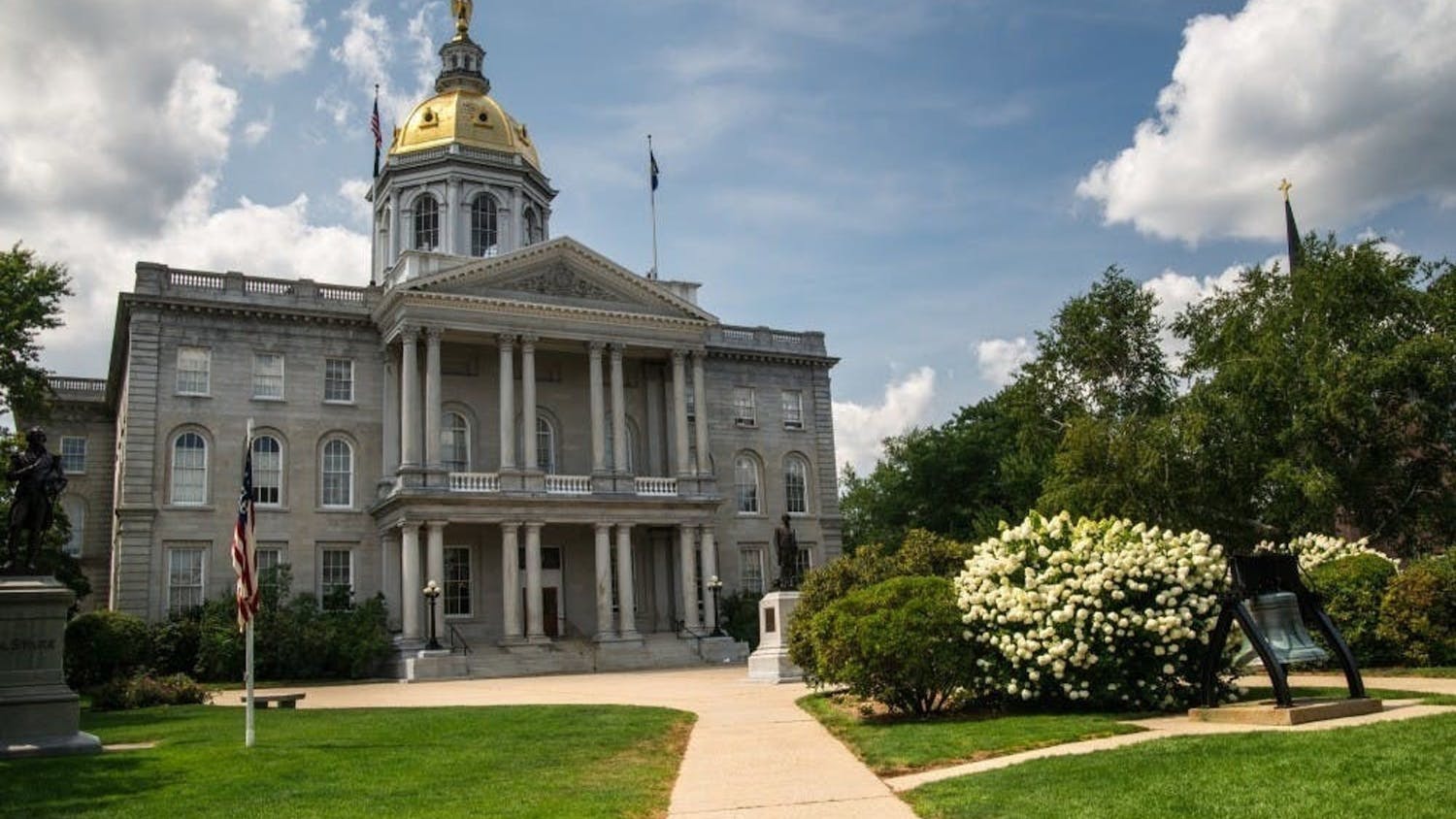Economics professor Treb Allen and chemistry professor Katherine Mirica received Sloan Research Fellowships on Feb. 15. The fellowship, which recognizes early-career scholars for outstanding achievements in their respective fields, provides a two-year grant of $65,000 to support their research.
The Alfred P. Sloan Foundation, which offers research grants primarily in STEM fields and economics, established this fellowship award in 1955. The fellowship is open to scholars in eight scientific and technical fields who are in the early stages of their career and currently hold a tenured or tenure-track position. To qualify for the award, candidates also need a nomination from their colleagues. The winners are selected based on their accomplishments, creativity and potential to become leaders in their fields, according to the Sloan Foundation website.
Allen and Mirica join the 2018 Sloan Research Fellows, comprised of 126 scholars from 53 colleges and universities in the U.S. and Canada. Twenty-one other Dartmouth professors have received the Sloan Research Fellowship in the past.
Mirica received the fellowship in recognition for her lab’s research, which broadly focuses on stimulant-responsive materials useful in chemical sensing and microelectronics, she said. She started the lab when she arrived at Dartmouth in the summer of 2015 with the help of four student research assistants.
“On day one, [we] got into the lab and started setting things up, and two weeks later we were running reactions and getting our hands on our first nanomaterials,” Mirica said.
Allen’s primary research focus is in international trade, overlapping with development economics, economic geography and applied microeconomics. Economics chair Christopher Snyder said that Allen’s research is exceptional due to its creativity in combining technical skills that cover theory and empirical work.
Allen said that much of his recent research is about understanding how economic activity is spatially distributed by creating a toolkit to examine how geography impacts economic activity. He hopes to use the tool to understand how this relationship could affect real-world policies.
“The real goal is to come up with a toolkit that helps us design smarter policy,” Allen said. “The big picture would be to give people like urban planners … and the federal government a set of tools and a set of policy prescriptions that are grounded in good science.”
Both Allen and Mirica said they provide opportunities for students to become involved in their respective research projects as research assistants.
Mirica said that the main output of her lab includes not only fundamental scientific knowledge, but also students who become trained to solve problems in the world.
“I’m really thrilled to be interacting with talented undergraduates in my courses and also in my research lab and having the opportunity to work with graduate students and postdoctoral scholars,” Mirica said.
This term, Allen is teaching Economics 39, “International Trade,” which he said he enjoys because he is able to bring more advanced concepts into the classroom due to the outstanding academic talent of the undergraduate student body. Many of Allen’s students have become his research assistants through programs like the James O. Freedman Presidential Scholars research program and the Dartmouth Economics Research Scholars program offered by his department, he said.
“One exciting thing about Dartmouth is that the students are absolutely amazing,” Allen said. “I have actually brought in a couple of more advanced concepts [into the classroom] that the undergraduates, usually, at other schools don’t get a chance to learn.”
The impact of the Sloan Research Fellowship also extends to the recipients’ institution and department in the form of publicity, according to chemistry department chair Dean Wilcox.
“Prizes like this are widely publicized,” Wilcox said. “[They] elevate the visibility of the department. We are not a large chemistry department, but we always have to promote that we have a very active and vibrant research program. So this would actually help with the visibility.”
Snyder added that recruiting scholars like Allen, who are “at the cutting edge of research,” is important for the economics department as it works to build a strong research program.
Allen and Mirica both said that they hope to continue expanding their research with the financial support from research grants like the Sloan Research Fellowship. Mirica said that her main focus is on building up her entire research program and making it financially sustainable to maintain an “exciting quality” of science and to train students to become research scientists.
“You are always trying to raise external support,” Allen said.




